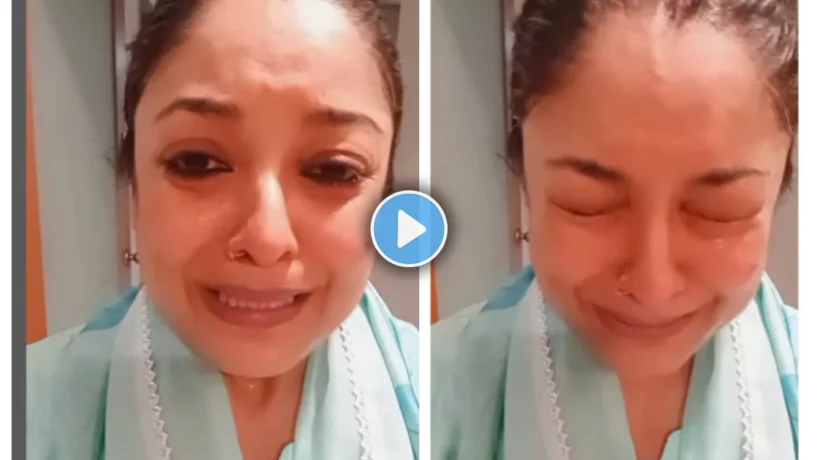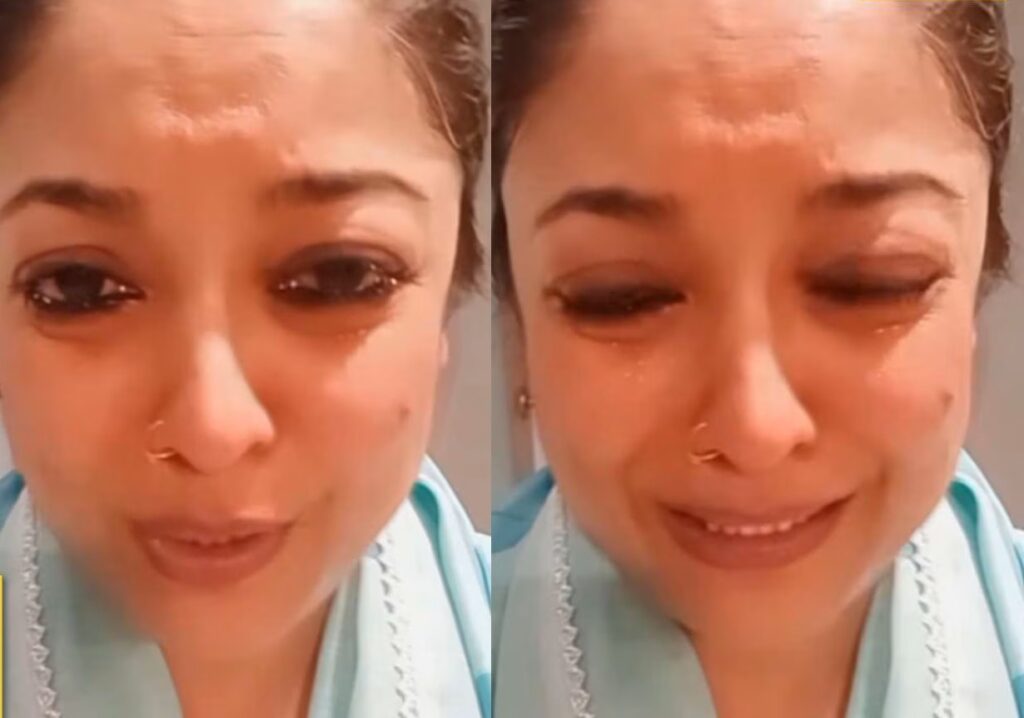
India’s #MeToo movement—galvanized in 2018 when actor Tanushree Dutta alleged sexual harassment by veteran star Nana Patekar—has resurfaced in 2025 with fresh courtroom drama and a distressing social-media plea from Dutta. This in-depth article traces the full arc of recent events, dissects the legal decisions, and assesses what the latest twists mean for survivors’ rights and the broader gender-justice conversation.
Context: A Brief Recap of 2018–2024
Tanushree Dutta’s 2018 interview alleging that Nana Patekar behaved inappropriately on the 2008 set of Horn Ok Pleassss lit the spark for India’s #MeToo movement. Her subsequent First Information Report (FIR) invoked Sections 354 and 509 of the Indian Penal Code (IPC). Mumbai Police filed a “B‑summary” closure report in 2019, declaring the case “false and malicious,” while Dutta lodged a protest petition challenging that finding.
March 2025: Court Dismisses Dutta’s Protest Petition
Key Findings
- Limitation Period: Magistrate N.V. Bansal ruled that the 2008 allegation was barred by the 3‑year limitation under Section 468 of the Code of Criminal Procedure (CrPC).
- Lack of Mens Rea: For a 2018 remark Patekar allegedly made on television, the court found insufficient evidence of intent required under IPC §509.
- Net Result: The court refused to take cognisance, effectively ending criminal proceedings against Patekar, choreographer Ganesh Acharya, and two crew members.
Reactions

Procedural Timeline of the Court Battle
- Tanushree Dutta vowed to keep pursuing justice, describing the dismissal as emblematic of systemic failure.
- Nana Patekar’s camp welcomed the “clean chit,” asserting that truth had prevailed.
- Legal Experts expressed concern over rigid limitation rules that often nullify harassment complaints before facts are tested in court.
July 2025: Emotional Instagram Video and Harassment Claims
What the Video Shows
On 22 July 2025, Dutta livestreamed herself weeping and begging for help, stating: “I’m being harassed in my own home… this has been going on since 2018”. She alleged:
- Intrusions & Noise: Loud banging outside her door at odd hours since 2020.
- “Planted” Domestic Help: Maids allegedly steal and tamper with her belongings.
- Health Impact: She claims chronic fatigue syndrome from prolonged stress.
- Police Intervention: Officers advised her to lodge a formal complaint; she plans to do so once physically able.
Public and Media Response
The clip went viral on mainstream outlets (NDTV, Times of India, India Today) and regional press, sparking debate on continued retaliation against whistle-blowers. Supporters compared her ordeal to broader patterns in which survivors face intimidation long after initial disclosures.
Legal Analysis: The Limitation Conundrum
Why the Case Timed Out
Under pre-2013 IPC, outraging modesty (IPC §354) carried ≤2‑year imprisonment; CrPC §468(2)© sets a 3‑year filing window. Dutta’s 10-year delay left the court “barred” from cognisance.
Comparative Limitation Periods for Workplace Harassment
| Country | Limitation Window | Citation |
|---|---|---|
| India (IPC §354) | 3 years | 6 |
| United States (EEOC) | 180–300 days | 6 |
| United Kingdom (Equality Act) | 3 months | 6 |
| France | 6 years | 6 |
| Australia | 24 months | 6 |
Legal scholars argue India’s 3‑year bar is short relative to trauma-driven reporting delays, though UK law is even stricter.
Societal Impact: Where Does #MeToo Stand in 2025?
Gains Since 2018
- Awareness: Corporate and entertainment sectors now mandate Internal Committees under the POSH Act.
- Policy Reforms: Draft amendments to extend limitation for sexual-offence complaints remain under parliamentary review.
- Cultural Shift: Public figures—including journalists, stand-up artists, and musicians—continue to be called out, indicating lower tolerance for abuse.
Continuing Challenges

- Backlash & Retaliation: Dutta’s latest video highlights ongoing intimidation.
- Proof Burdens: Courts still seek corroborative evidence rarely available in harassment cases.
- Media Trials: Accused parties often leverage defamation suits, deterring other survivors from speaking up.
Broader Reflections: Survivor Safety Post-Complaint
Dutta’s allegations of “planted maids” and relentless noise harassment illustrate post-disclosure reprisals—a phenomenon echoing global research on whistle-blower victimization. Advocates urge:
- Police Protection: Proactive outreach when complainants report ongoing threats.
- Civil Remedies: Injunctions against stalking and harassment can complement criminal law.
- Mental-Health Support: Government-funded counseling for complainants enduring prolonged litigation stress.
Timeline of Key Events 2018–2025
| Year | Event | Significance | Citation |
|---|---|---|---|
| 2018 | Zoom TV interview triggers #MeToo India | Nationwide movement starts | 1 |
| 2019 | Police file B‑summary | Case labelled “false” | 6 |
| 2020 | Dutta alleges constant building noise | Claims harassment persists | 13 |
| Mar 2025 | Court dismisses protest petition | Legal relief for Patekar | 2 |
| Jul 2025 | Instagram distress video | Renews spotlight on survivor safety | 1 |
The Road Ahead
- Legislative Agenda: Activists will push to elongate criminal-complaint limitation periods and fortify survivor-protection clauses.
- Civil-Society Monitoring: Women’s groups plan to track police response to Dutta’s July 2025 complaint, viewing it as a test case for state accountability.
- Industry Reforms: Bollywood guilds may revisit on-set grievance mechanisms, mindful of reputational damage from unchecked harassment claims.
Conclusion
Tanushree Dutta’s personal journey—from 2018 whistle-blower to 2025 petitioner and distressed Instagram user—underscores both the progress and the pitfalls of India’s #MeToo era. Courtrooms still wrestle with procedural time bars; survivors still face retaliation. Yet the public’s rapid mobilization—and the intense scrutiny of every development—signals a cultural shift toward greater accountability. The next chapter will hinge on whether lawmakers, courts, and industry bodies translate heightened awareness into robust protections that outlast social-media news cycles. Each incremental change may feel slow, but Dutta’s latest cry for help is a stark reminder that the stakes remain literally at survivors’ doorsteps.

Leave a Reply